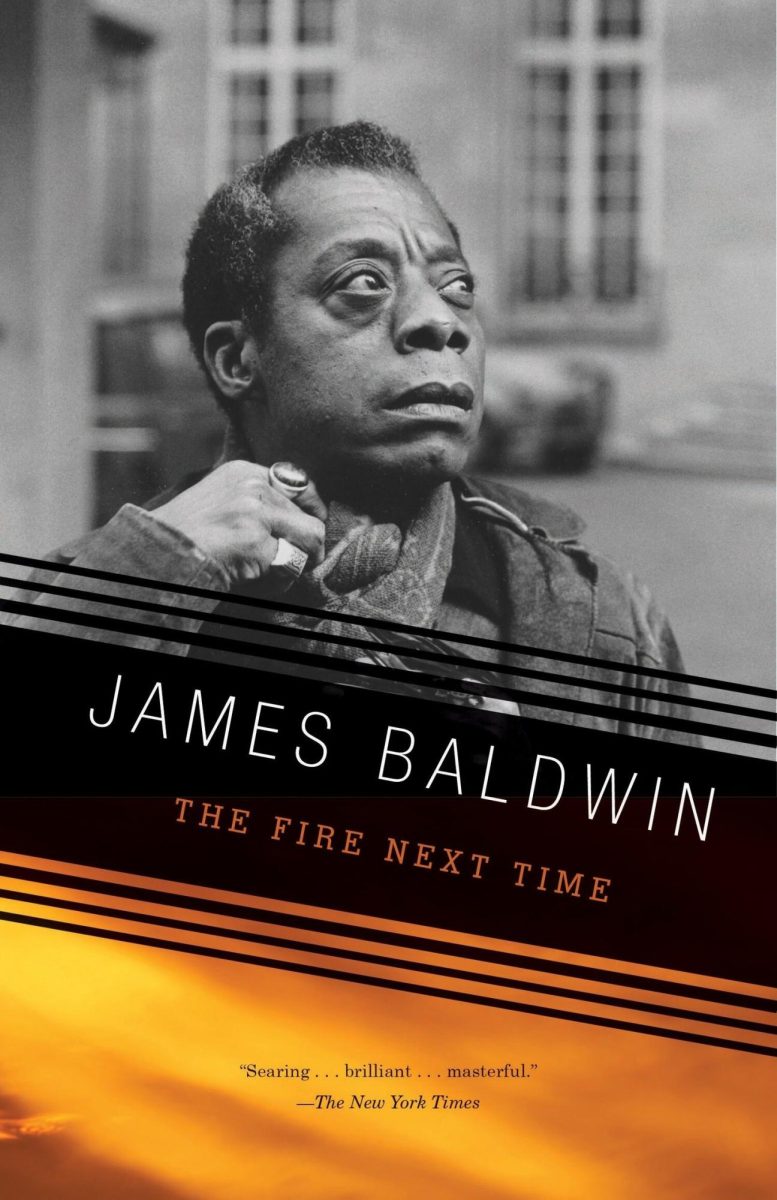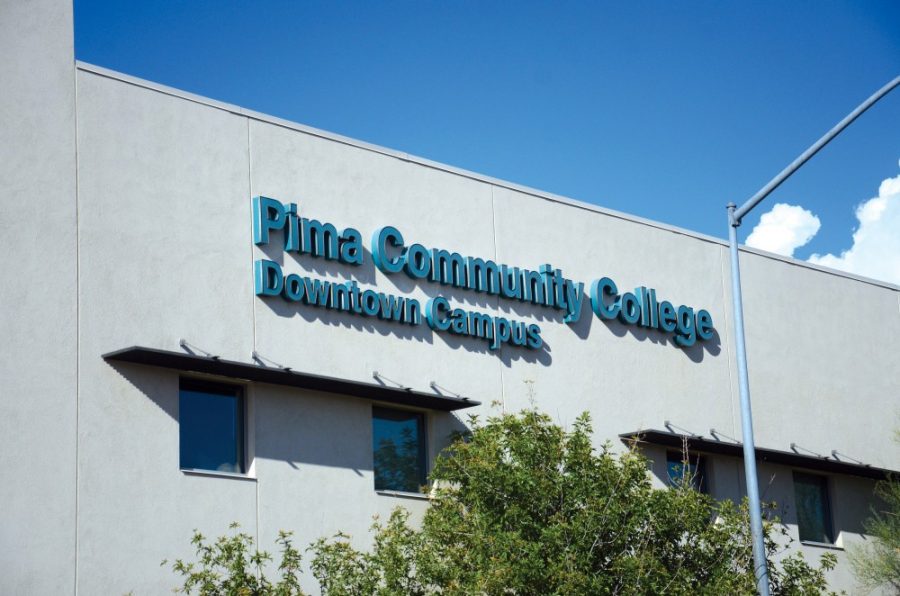Another week, another shooting. It’s all starting to become a bit surreal, as if we’re living in some satirical dystopia where incredible acts of violence have become unpleasant commonplaces similar to bad weather or traffic on the freeway.
Surely at this point there have been enough editorials on how we need better gun laws, mental health support and prevention programs. Go read them if you haven’t already. However, two weeks ago, with the shooting in Roseburg, Oregon, a less common issue related to gun violence came into play: the idea of shootings as religious persecution.
It’s actually not a new concept. In a column published Oct. 6th, writer Ruth Graham of Slate Magazine highlights a history of popular Christian martyr narratives traced all the way back to Columbine. The highly publicized martyr of that shooting, Cassie Bernall, was later proven by eyewitnesses to have not actually said anything before the killers gunned her down.
And let’s not also forget Rachel Scott, the first victim of that massacre, whose murder spawned Rachel’s Challenge, a school program promoting compassion among classmates but also serving as a thinly veiled testament to the power of prayer and the existence of prophecy.
It comes as no surprise then that as details (read: rumors) began to emerge regarding the Oregon shooting, stories claiming that the gunman specifically targeted Christians caught like wildfire. Most famously, everyone’s least favorite neurosurgeon, Ben Carson, began to encourage Christians to tweet using the hashtag #IamaChristian, because nothing is so courageous or helpful to victims of a tragedy as tweeting.
Now that there are several actual eyewitness accounts available from the shooting, it has become clear that the killer used religion, not even specifically Christianity, as just one of many insane justifications for his actions. In her interview on “Good Morning America,” survivor Ana Boylan claimed that the shooter only asked some of the victims what their religion was, and then used their responses to tell them that they “would be with God soon.”
In an interview with CNN, student Mathew Downing, who was selected by the shooter to deliver a message to the police and was thus audience to the entire massacre, mentions only two students being asked if they were “religious.” Otherwise, his account seems to describe the killer firing indiscriminately into the class.
While the shooter was certainly anti-religion, reducing his actions or the deaths of the majority of his victims to “Christian martyrdom” is irresponsible in the extreme. Not only does this undermine the discussion of gun violence and mental illness in favor of concerns over non-existent Christian persecution in the US, it also does a disservice to the very real examples of Christian and other religious persecution happening in other parts of the globe.
Open Doors, a non-profit organization that aims to support persecuted Christians, maintains a World Watch List, ranking the top 50 countries in which it is most dangerous to be a Christian. Unsurprisingly, not a single Western nation comes anywhere near the top. The real culprits are just about whom you would expect.
North Korea. Somalia. Iraq. Syria. These are nations where Christians are literally crucified for their beliefs, and yet Christian “leaders” such as Carson and Mike Huckabee want to claim that Americans should be most worried about how Christians are treated at home.
This is to say nothing of the obvious fact that ploys such as Carson’s hashtag are shameless attempts at corralling the (for some reason) always-desired conservative Christian vote. Which, as we know, has worked so well in the past for the likes of John McCain and Mitt Romney.
And while I’ll leave it for another column to discuss my distaste for the large portion of the American public who will vote for men who so transparently attempt to manipulate them using a toxic combination of faith and politics, I absolutely refuse to let slide any attempt to color the events in Oregon as a result of some sort of anti-Christian conspiracy in America.
Here are the facts: In 2014, Pew found that 70 percent of Americans self-identified as Christians. In 2000, the National Congregations Study estimated that there were 331,000 churches in the nation. That’s more churches in America than there are McDonald’s in the entire world. A quick Wikipedia search reveals more than 1,600 Christian television and radio stations active in the U.S. Additionally, Pew Forum finds that 92 percent of our current national legislature identifies as Christian. And historically, we’ve never had a president who claimed to be anything other than Christian.
There is no such thing as Christian persecution in the U.S. Anyone who says otherwise is deliberately highjacking actual, important issues to further their own agenda. When it comes to such popular topics as prayer in school, such highjacking is a minor annoyance. When it comes to the debate on gun violence, this distracting tactic absolutely cannot be tolerated.
Follow Greg Castro on Twitter.








